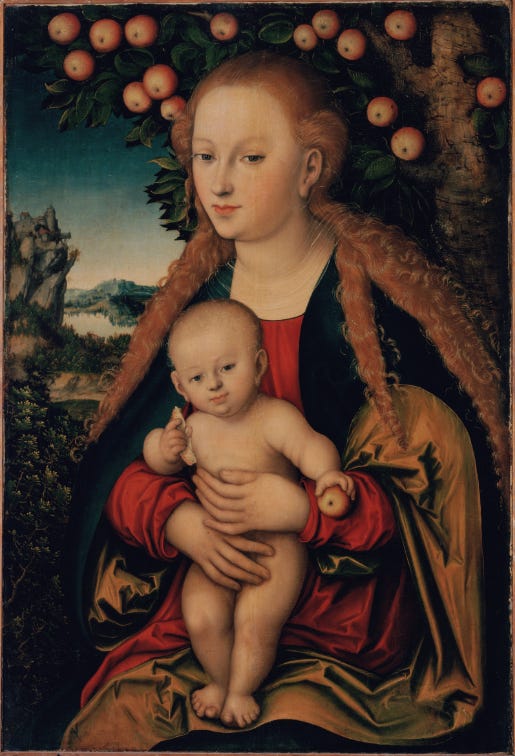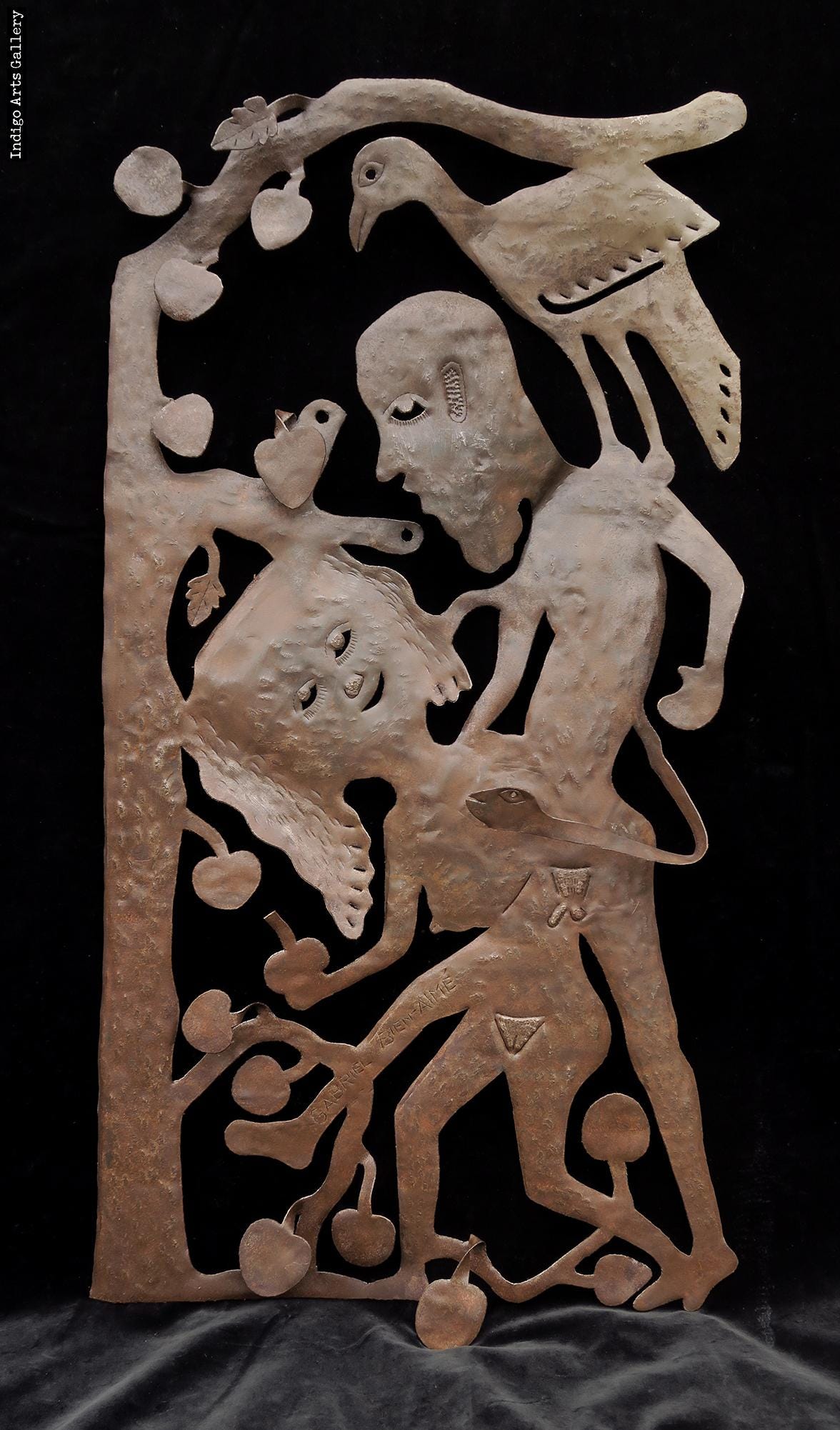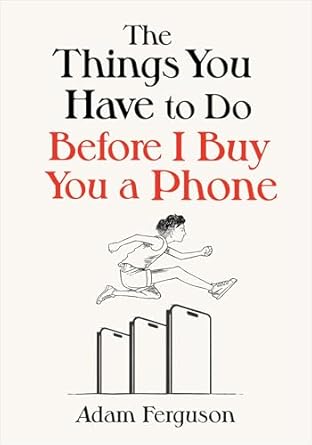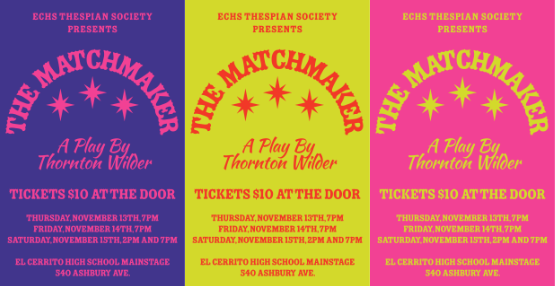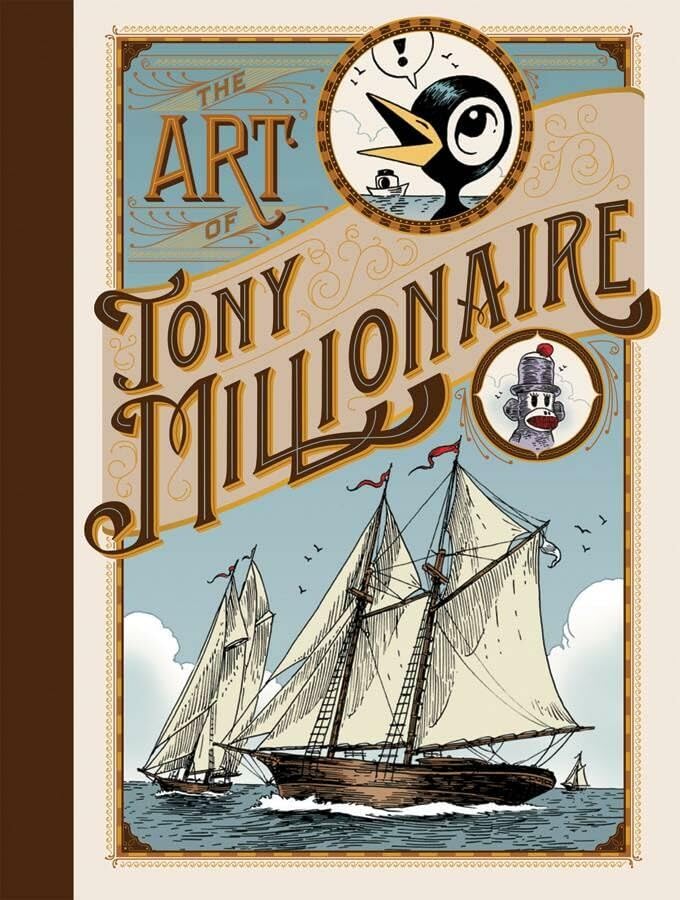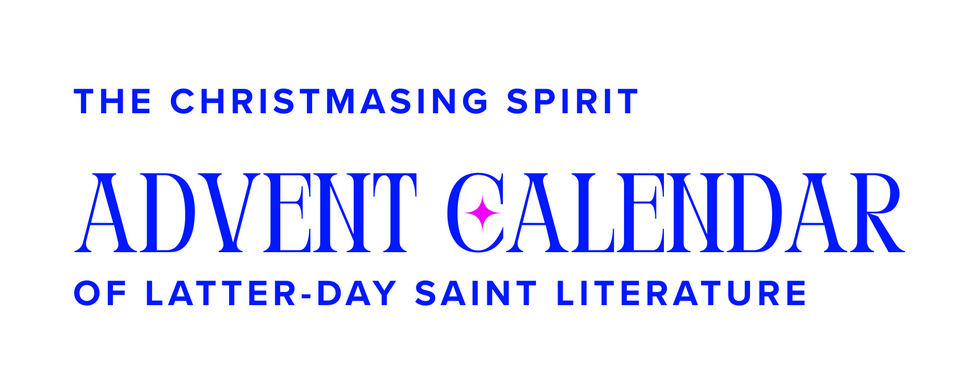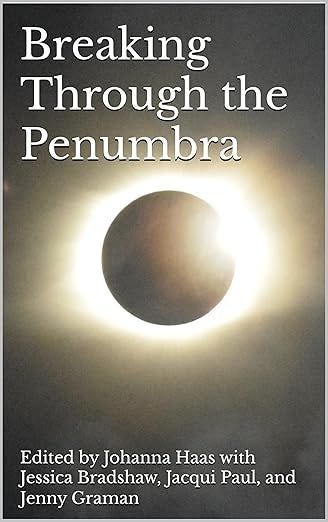I have no regrets going to the theater to see Back to the Future on the big screen for the first time, but the ad I saw—in the theater—promised me the opportunity to see all three in theaters and I am very upset that there does not appear to be any evidence anywhere on the entire internet that parts ii and iii are forthcoming. What is this? By the end of November me'nd the kids were supposed to've seen the entire trilogy with a crowd!
I feel very betrayed by in-theater advertizing.
Otherwise, pretty good month including two new favorite romances, many Frankensteins, a terrific alien movie, and some non-B2F classics.
Let's dive in!
.
 |
| HOME/ELSEWHERE YouTube |
I hadn't planned to write about this when I finally finished it, but reading this interview made me decide to go ahead and do it. That and the stirring praise of meaningless that ends Scorigami. Although if you want more of a sonnet of praise on such, you'd be better off with this much much shorter video. I also like it better. For one thing, I barely care about football. But I do care about doing absurd arithmetic for no reason and I do like Secret Base and so . . . I did watch this 46:52 + 48:00 + 58:24 + 1:28:01 video which culminates in the taking a single pixel from their entire filmography and and weighing it against the total trillions of pixels they have put out. If you enjoy mindboggling representations of long odds, here you go. If you accept dumb nonsense as something gloriously human and a potential source of joy, here you go. If you like thinking things inarguably unimportant, here you go.
 |
| HOME Plex |
It hasn't been more than half an hour since I finished watching this movie and already it's grown in my estimation.
I rotate my Letterboxd four favorites. My current theme is anthology films. Never before have I wanted to change out one of my favorite for something I just watched but I think I want to swap out Chungking Express for either Beaver Trilogy or Fantasia. (I'll probably just make a new top-four instead.)
This movie is so Nineties, you guys. The film's so green and yellow, there's sudden violence in both the action and the camera, the girls wear sunglasses and are either badass or quirky, it leans heavily on an excellent soundtrack. Nineties.
The Cantonese Cranberries cover by one of the movie's stars (who, I've since learned, has since been "voted the second most influential Chinese celebrity of the past 60 years") is great and the Mamas and the Papas are always great and, hang on, these are cds I bought in the Nineties and still own.
The two stories share much in common (eg: the male lead's a cop, the same snack shack, women in sunglasses, the female lead's hair changes in the last scene, canned food) but, at the same time, one's a Pulp Fiction–esque violence-delivery mechanism and the other's a funky romcom. But the shared details force us to weigh them against each other.
When it ended, Largesse and I spent a time sharing our delighted bewilderment and running through the first story again to see if the female lead from the second story is the person we saw buying the Garfield. (She was.) But we didn't reach any conclusions. I'm still not reaching conclusions. But I am still delighted.
(Incidentally: Same director as In the Mood for Love. That one's probably better but I think I liked Chungking Express better?)
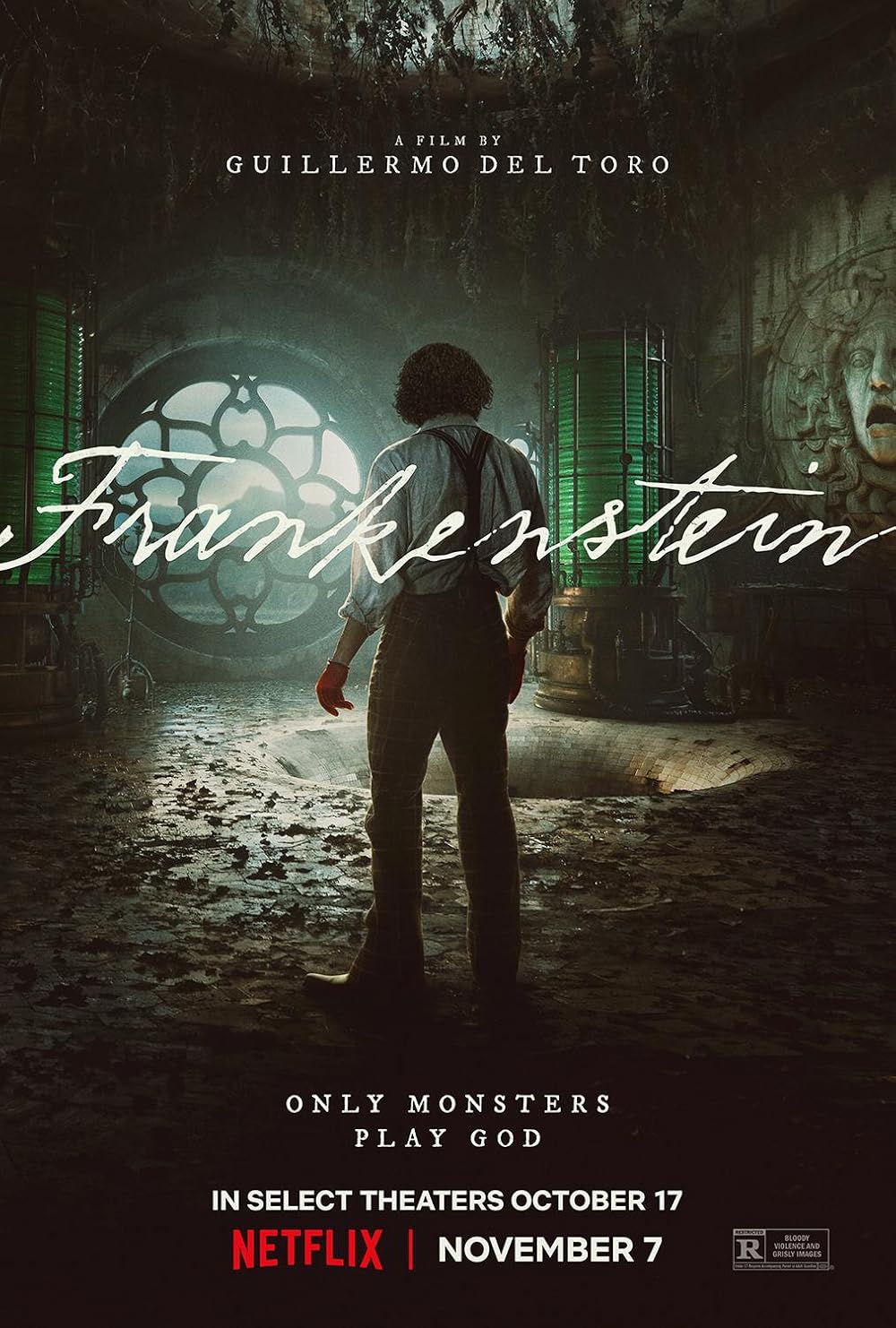 |
| THEATER Cerrito Rialto |
Second time even better. Love this movie. My favorite Frankenstein and even though it didn't solve the problems with the text I find most intriguing, I don't feel a need any longer to make my own version. It's done. This one does it.
I manage to catch the full dedication this time: "Mary and Bernie, Boris and Whale." I only caught the last two on first watch; they obviously are Boris Karloff and James Whale. I assume Mary is Mary Shelley.
Incidentally, one thing that is clear about this movie is that Guillermo del Toro loves this story. This isn't some project he just put together. This is a story he's been mulling over and making in his mind for decades, and it shows. He knows it so well. Every choice he makes is deliberate. So many smart and useful references to the novel and to Whale's two movies. I have a couple questions about the nature of the monster's healing, but I'm not worried about it. I suspect he knows even if it's not clear in the film.
But who's Bernie??
It took some searching, but it's this guy. I didn't know his name but I've seen him before.
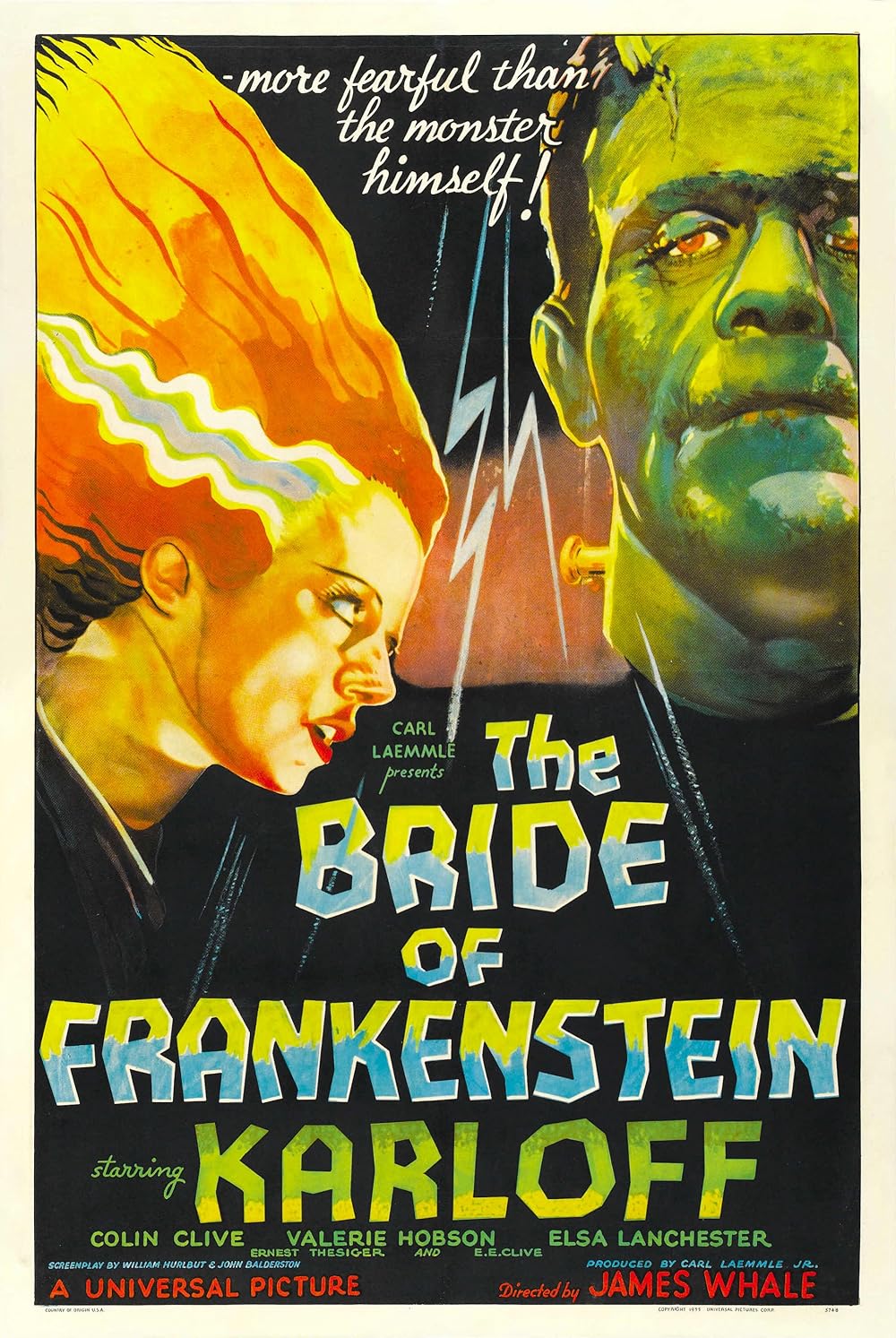 |
| ELSEWHERE our dvd |
Fun to watch this so close on the heels of del Toro's, noticing deatils of the tower that were matched quite closely and the similarity in Frankenstein's gloves.
Once you know what to expect from the Bride herself, her appearance doesn't feel that short at all. She's absolutely amazing. Why have I not gone on an Elsa Lanchester tear? She deserves all my attention.
I feel like I need to watch Gods and Monsters again....
Also, I was totally into the parallax this time! Whale is having fun with his sets and the camera. It's not Bayhem but it's dynamic.
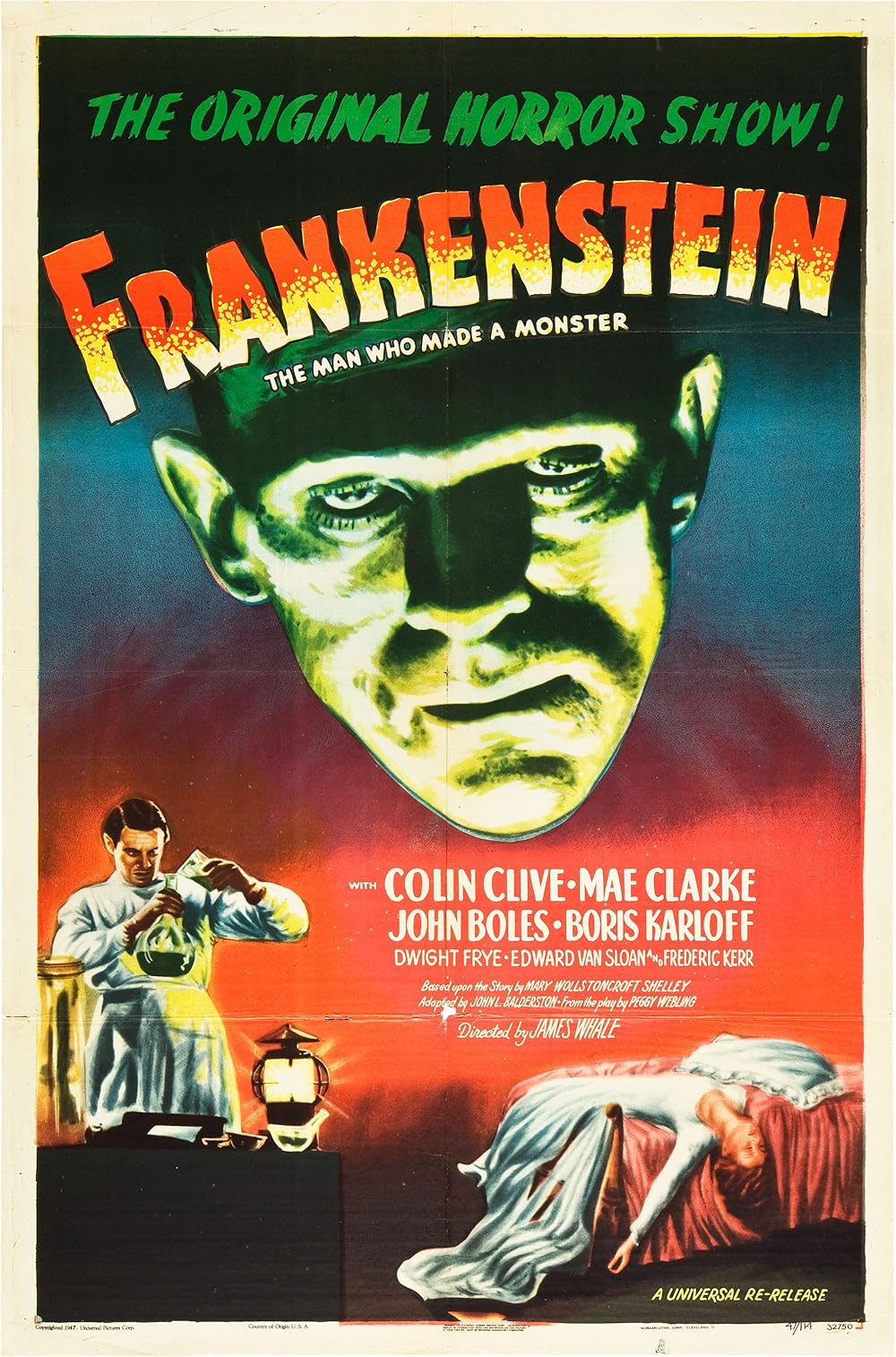 |
| ELSEWHERE our dvd |
It's interesting to me that watching del Toro's Frankenstein twice in nine days made it my favorte Frankenstein, sure, but it also primed me to love the Whale films all the more. I enjoyed them as much this go-round as I ever have.
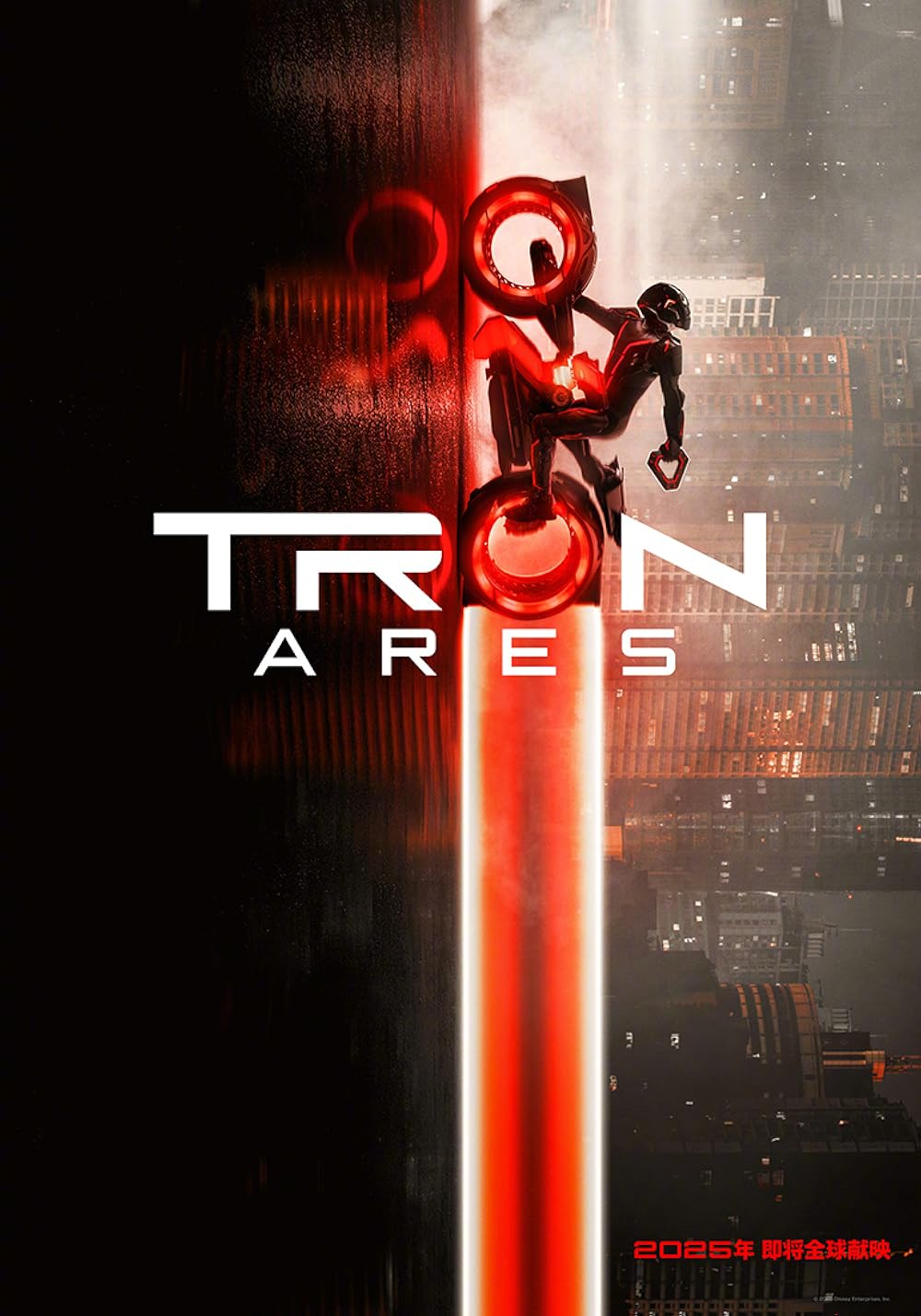 |
| HOME Cinemark Century Hilltop 16 |
I'm not, like, a Tron guy. I've never seen the original and I only saw the second because I kinda had to. The only reason we saw this movie (and I think this is a first) is because Lady Steed wanted to listen to fresh Nine Inch Nails through theater speakers.
And I have to say: The music killed. And tronny visuals were also supercool. Cut out all the actors and this could be a neato museum installation. Truly, the music and the cgi were awesome and worth the price of admission. And since I came in with no expectation for the story, anything even okay there would be pure bonus. Which was good because the movie is chockablock with stupid stuff. No more than the average Marvel movie but for some reason it annoyed me more. Starting with people not being cold in the Arctic, leaving doors open and faces exposed, etc. These people are clearly on a soundstage. And the big scary flying machine at the end? How does that fly? And who is sending jets to shoot missles in an American city before it does anything besides loom? Anyway. Dumb stuff like that.
But I thought, by the end, the movie did have some interesting things to say. Nothing brilliant, but generally coherent notions about agency and morality. Just as I realized this was a Frankenstein story, it made it Short Circuit 2–obvious. Actually, it wasn't that subtle. It also had some interesting ways of being a Garden of Eden story, though why the character named Eve was the character named Eve—other than she's the movie's woman—I can't say.
This is kinda my first Jared Leto movie. I just went through his videography and I've seen are a cg ghost, uncredited in a deleted scence, and some deformed character I don't recall. So yeah. The first.
I mostly know about him as the weirdo who freaked out his Suicide Squad castmates, a moody rockstar, someone who's widely presumed to be trouble, etc. So I didn't expect to like him. But while most of the time I just wanted the movie's actors to go away, he was consistently good. Even Grace Lee wasn't always great, but Leto was consistent. And, frankly, not an easy role. So props to the dangerous weirdo, I guess.
Lady Steed was happy with him (as she spent her teenaged years watching My So-Called Life and also happy because she was a huge X-phile and there was Gillian Anderson on the screen as well. (In a thankless bit role but she performed it well.)
Some actors did fine work but had stupid stuff to do (there's a lot of dramatic typing in this movie), so I don't want to come down too hard on them, but for the first half of the movie I really was just dreading seeing anyone's face because then I knew I would have to listen to nonsense.
There was a surprising little setpiece in the middle of the film I also liked and that, maybe for the first time, made me kinda want to see the original film.
Anyway, by the standards I usually judge movies, this was pretty mid. But it was so terrific to listen to and to look at—and it played with some of my favorite themes in not-studpid ways—ergo I had a great time.
Kinda funny it set up so hard for a sequel, though, given it's lost a ton of money.
Still. Tron losing money never stopped Disney before. Not permanently, anyway.
 |
| THEATER Grand Lake Theater |
On 70mm! This is the second movie I've seen on actual film this month. Wild.
Anyway, the chase scene is as great as everyone has said and so much more than I'd imagined based on descriptions. And all the acting is great. Leo's doing what I prefer him to do. Sean Penn's putting on a masterclass of narrow physical comedy. And this Chase Infiniti kid is a revelation. She's a star. We'll see her again.
The movie has lots of cool visuals and I was never bored but I'm not entirely convinced it's great movie everyone else sees. Lady Steed liked it a lot more than me, though she adds that except for the few funny bits, the film's largely a terrifying reflection of now.
Incidentally, as a guy who watches license plates, why were the all so old? Even the new cars had old numbers on their plates. Why?
And I don't quite understand why the tracker did what he did. His motivations were clear enough, but motivated enough to do that at that cost? I don't understand.
Anyway, I did really like it but I can't quite articulate why. I liked the father/daughter dynamic. I liked the funny stuff. I liked the camera work. I liked the character details. It's one of the better movies I've seen in 2025 to be sure, but . . . why exactly?
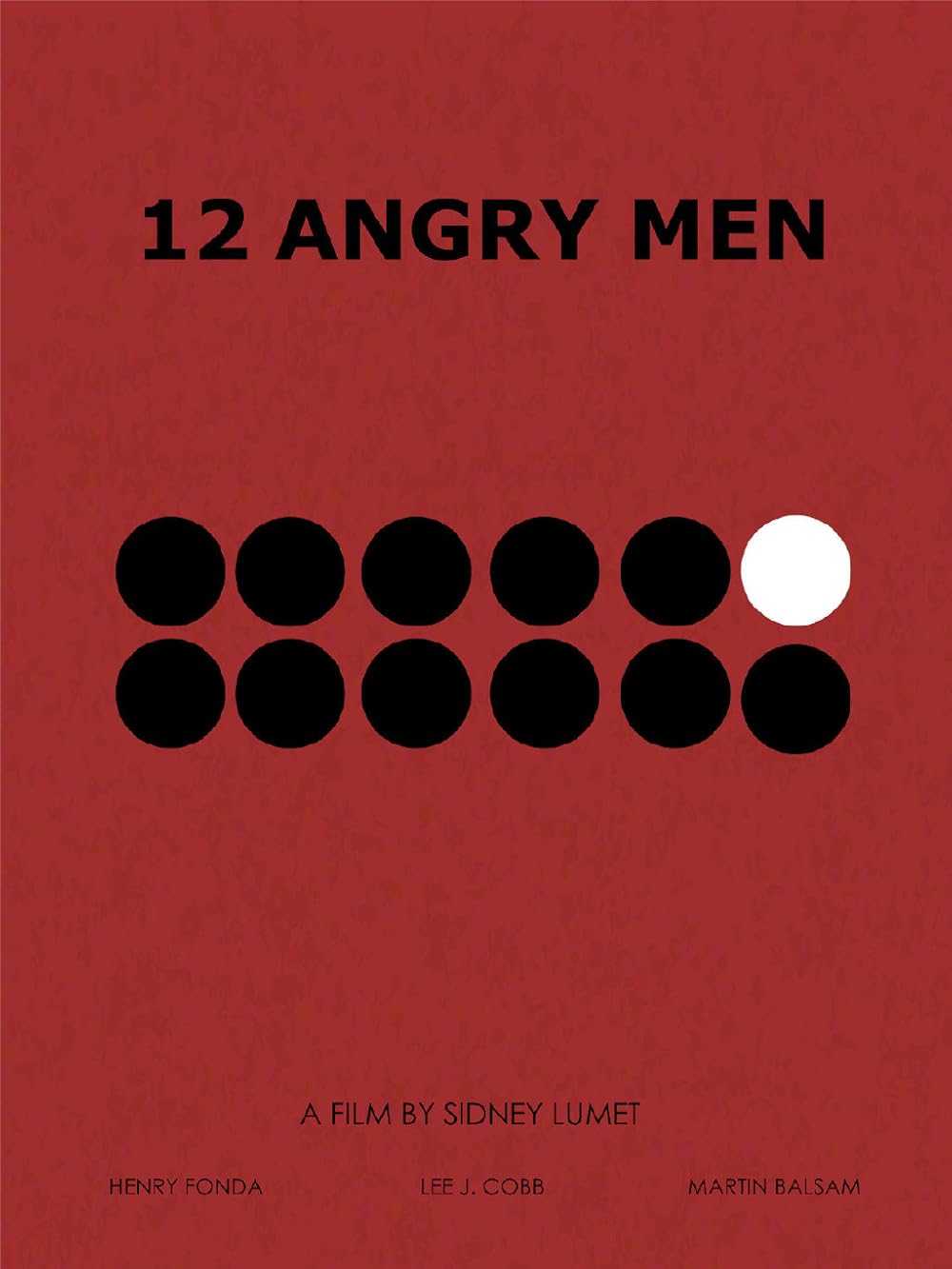 |
| HOME Tubi |
I'm not sure I've seen this since high school, and almost certainly not for over twenty years. Which is great because I'd forgotten most of the twists, and the twists I did remember didn't unfold how or when I thought they might. So as close to a fresh experience as is possible for a film so foundational for me. This is one film I have never stopped thinking about since seeing it in high school for some class or other.
I'm a big believer in the sanctity of jury trials and and affirmer that everyone should be willing to serve. And undoubtedly 12 Angry Men is a big part of why. That and the Constitution of course, but I'm not trying to impress anybody.
All our dumb kids disappeared on us. But they need to see it. So I suppose I'll have to watch it again.
They're almost adults.
Oh! One other thing I wanted to add:
The film's very stagey both in writing and blocking in ways that I probably didn't notice as a kid. But it's never boring because they use those traits to be dynamic in other ways. This movie is loaded with shots that could not work were not almost every take pretty long. Shots that would be impossible to read if they just flit by with different elements in the extreme foreground while the action is happening in the middle distance. It's very cool.
ADDENDUM: Lady Steed apparently slept through the bulk of the movie. When I came home the next day, she and the 8yrold were watching it. At that point I resaw a good chunk of the middle on Hoopla. Then, two days later, when I came home from seeing The Matchmaker, they had started it again with the 18yrold on Pluto. Everybody liked it! But Tubi blocked the end credits as they appeared on the bottom of the screen and Pluto insisted on telling them A Night to Remember was next all the way through the movie. So maybe stick with Hoopla?
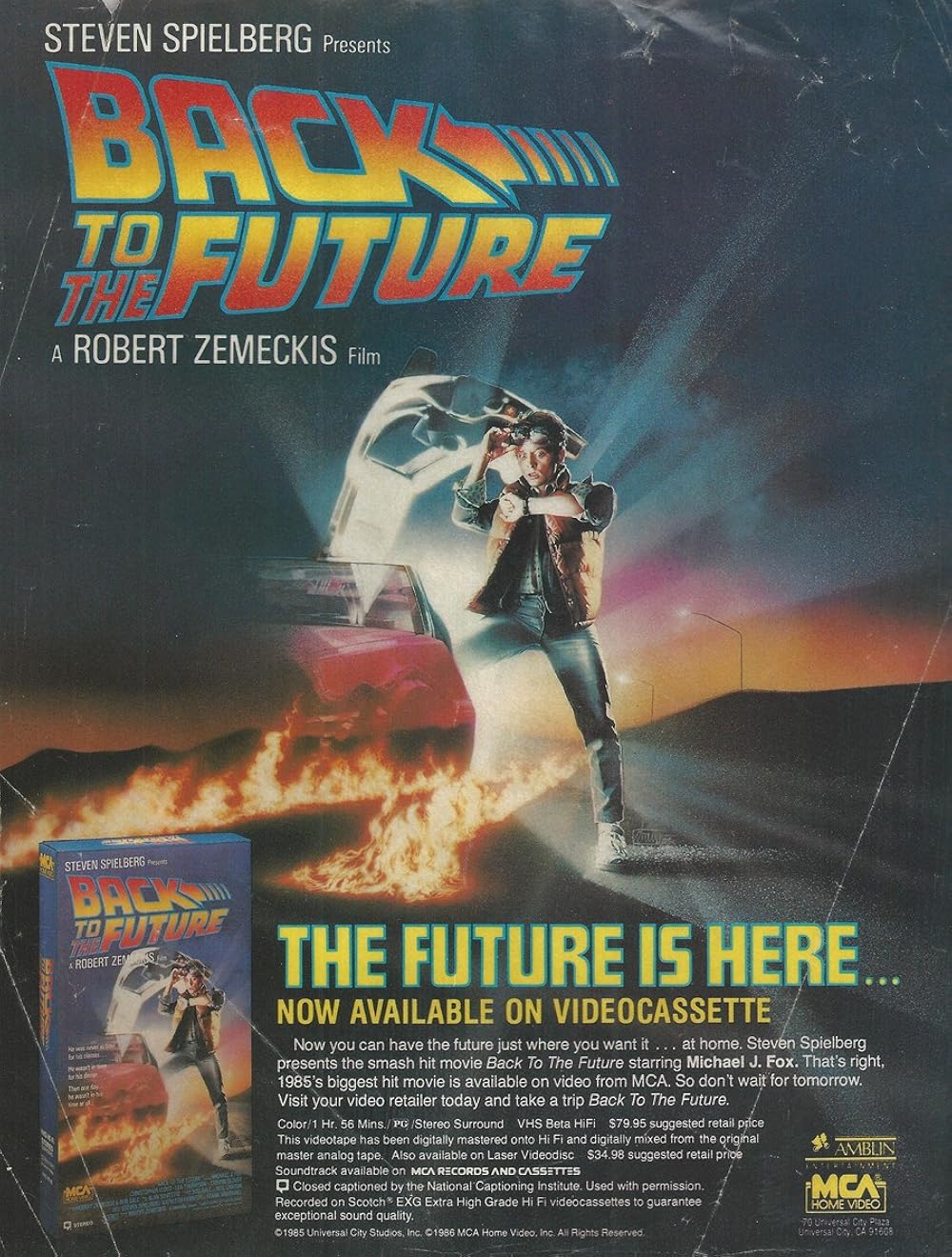 |
| THEATER Cinemark Century Hilltop 16 |
I am so glad to have finally seen this in theaters and to have taken kids 2 and 4 with me. (#1 hopefully watched it himself at college; #3 flaked out on us.) Such a good, all-ages movie. The theater was filled with grandparents and parents bringing kids and it was delightful to listen to an audience react to things they'd never seen before. George punching Biff was a huge crowdpleaser, the kids cheering him on a bit of capping when he actually did it. And they really got Marty's awkwardness around his parents. Such a great theatrical experience.
When I was a kid, the wait from 1985 to 1989 felt endless, like they'd forgotten to make us the promised sequels (the to-be-continued screen wasn't in this version—I never knew it was added for VHS! they were less bold than I thought!). Excited to return to theaters for parts ii and iii.
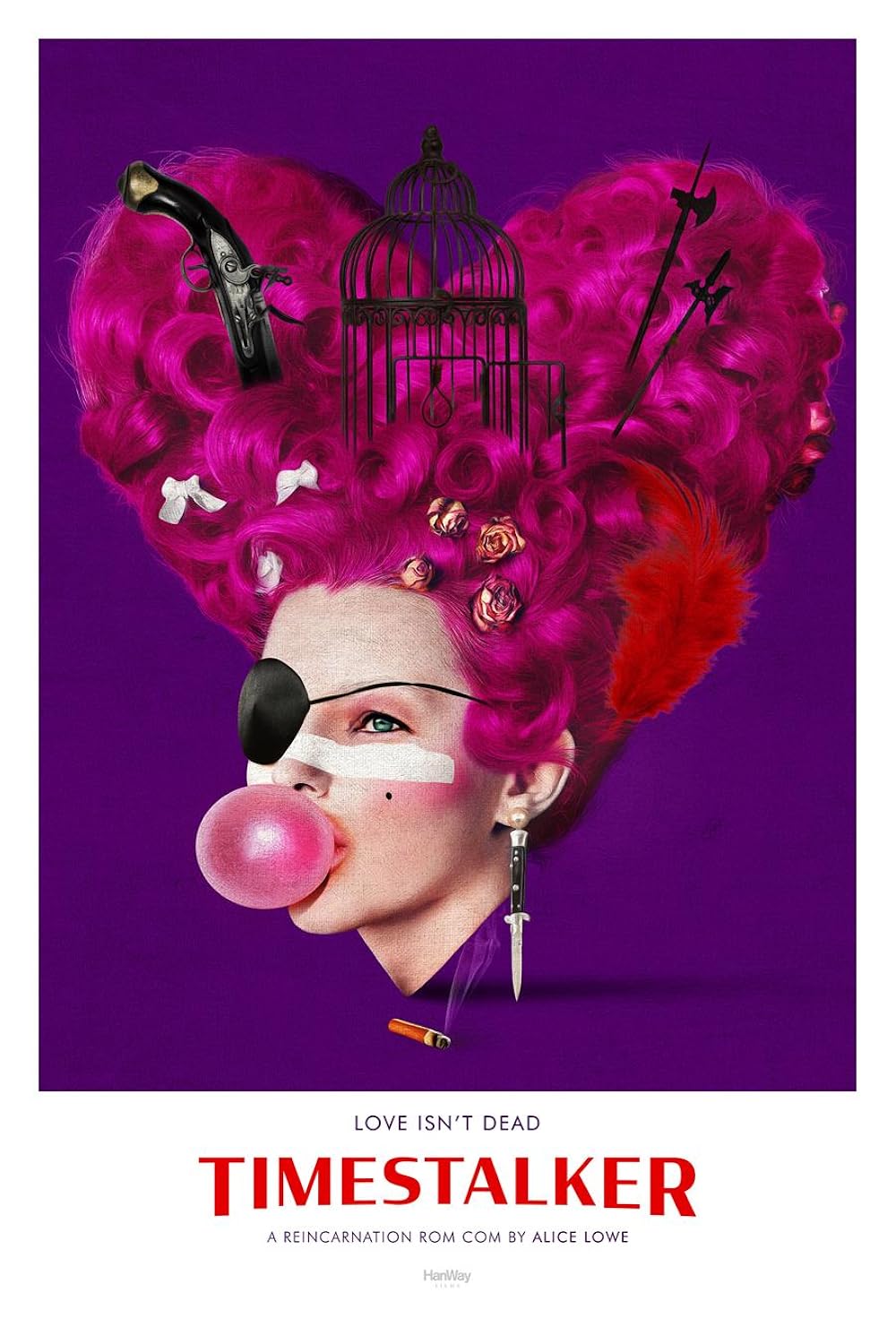 |
| ELSEWHERE Hoopla |
Loved the trailer. The movie is just as insane as the trailer promised, filled with surrealist notes as a handful of people interact with each other over multiple reincarnations. Obsession is the word of the day, but the final few minutes present one possible understanding of the preceding eighty minutes after another, every one of the contradictory. It's a mess. And not in surrelist way, but in a we're-not-sure-what-we're-doing way.
Still. I liked it.
 |
| ELSEWHERE Hoopla |
Hey hey, you guys, hey: have I just found my new favorite movie?
I LOVED this movie. I haven't come across a bizarro nonsense comedy that I could fully embrace in a long, long time. Plus it's a romcom which is what I'm always looking for. And this one's so good. Watch the trailer.
I had assumed the whole thing was greenscreened but they show a bit of making-of during the closing credits and while it's a lot of greenscreen, lots of bits were built and some of it's even rear-projection. I think they had fun making this movie.
Anyway, back to the story, they meet after he nearly crashes his spaceship into her and she gives him a lift back to Megalopolis (barring my favorite shot from Coppola's, this is by far the superior Megalopolis movie). Thus begins a years-long friendship over many eras of their lives until finally—spoiler alert—they come together in a more substantial way.
Even though I watched this movie alone, I burst out in clapter when it ended. I was so filled with joy.
(I also burst out in a WHAT?!?!?! at a fake-out ending earlier in the movie.)
But I was delighted all the way through. It's so funny (via so many different avenues of funny) and it's so smart. If you want commentary on late-stage capitalism or Trumpism or anything thingsuckrightnowisms, this movie will scratch that ith with laughter. Which is probably the healthiest way to scratch that itch.
Plus, the acting is exactly what I want. I want it to be natural, like it's being invented in front of me, but smart and funny and heightened. The acting's so good—even the characters in a single scene give classic line deliveries that deserve endless repeating—but if I can only choose one, Zosia Mamet (Molli) is astonishing. She could carry any movie with this performance.
Anyway, if I'd found this movie in my twenties, I would have seen it a dozen times by now. These days, I don't know when I'll get to see it again, but I long already for that day.
But next time, I want to hold my love's hand—at least off and on—as we watch it together.
It's so good, you guys.
 |
| HOME our dvd |
Rewatched (first normal, then with grownups' commentary) in prepartion for discussing it on Pop Culture on the Apricot Tree. Look fror me there.
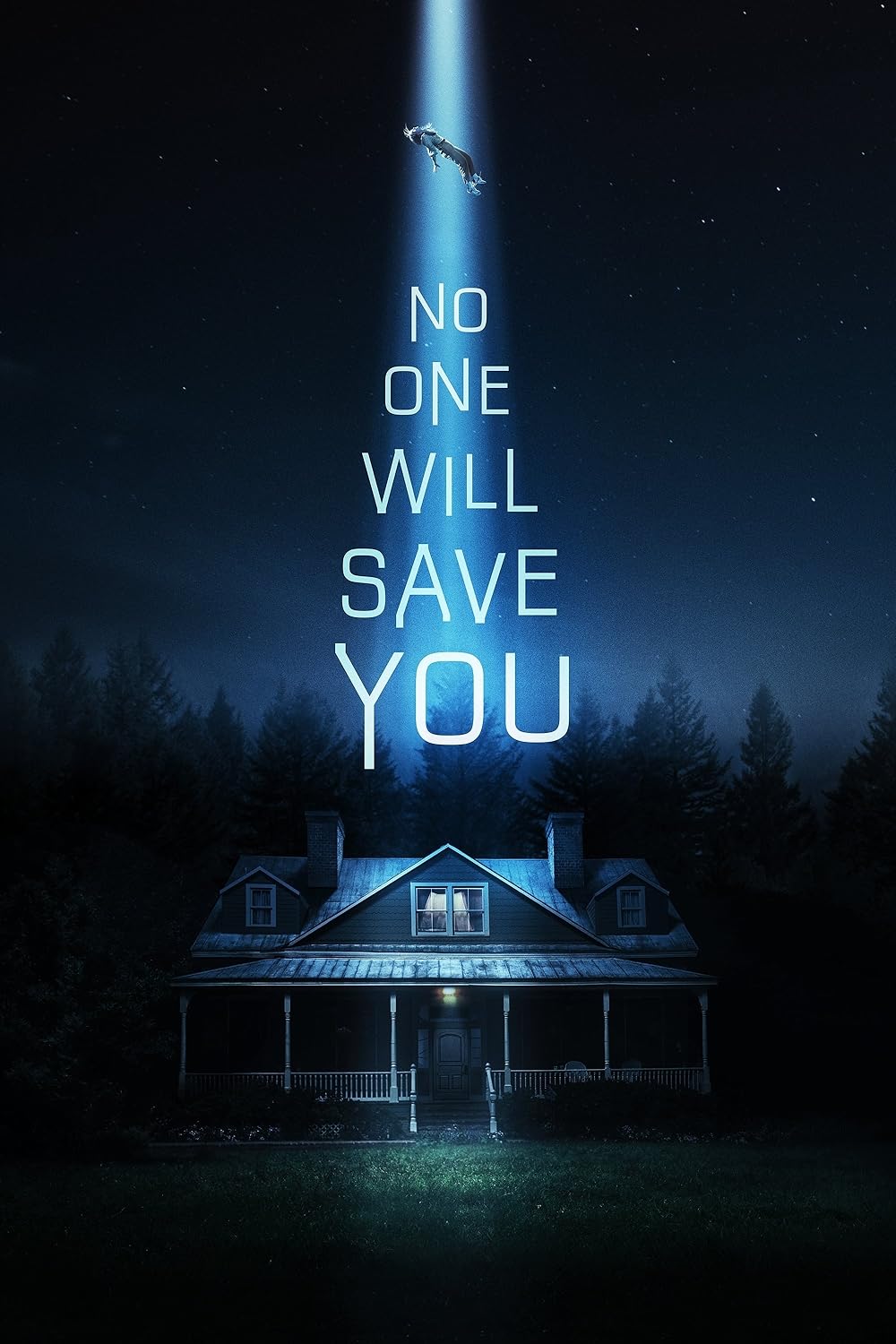 |
| HOME Hulu |
Holy smokes I loved this movie! It's been on my Hulu watchlist I think since the last time we had Hulu. And since it's ending in a few days, I decided to tackle a movie or two and this one came first because it came up in conversation with Carl when recording the next episode of Pop Culture on the Apricot Tree—I told a story about Raiders of the Lost Ark and he talked about No One Will Save You. I suspect it won't make the final cut, but it reminded me why I wanted to see this film. And I'm so glad I did.
It shares some elements with some of my favorite alien films like Signs, Nope, and 10 Cloverfield Lane, but making any of those comparisons is a bit misleading. For instance, it shares some themes and practical choices with Signs but it does very different things with the first and insignificantly similar with the latter. So forget it.
The big story though is Kaitlyn Dever. She is incredible in this no-dialogue movie. She's terrific start to finish.
I don't know why she seems so familiar to me (I'm only seen her in a couple movies and I don't think I remember her from either) but from now on she'll be familiar to me because she stared in No One Will Save You.
I don't understand why the aliens do what they do in the end, but I appreciate a new take on how a movie like this can end. For most of the movie I was certain she would win, then I was certain she wouldn't, then I thought the might be playing a dirty trick, and from then on I never knew what to expect next.
But the movie's terrific. From the opening scenes, before anything weird happens, I knew I was in the hands of someone I could trust. I was truly happy from go to be in this world. Even just as they are establishing her loneliness, well before truly explaining it, I felt for this girl.
And of course, that's what's important in a movie like this. Characters need layers for the horrors that come to mean something—both in terms of our caring about the character and in terms of what they have to say about life the universe and everything.
Anyway. The ambiguous ending leaves me thinking and the journey left me delighted. Even when I was most afraid I had a huge smile on my face. This is a movie.
 |
| HOME Hulu |
Read a lot about Parker Posey this year thanks to White Lotus coverage and realized I've never seen any of these hip New York girl movies that made her famous. I mostly know her from Christopher Guest movies. And since I'm tryint to knock some things of the Hulu playlist before our membership ends and because this is a lot different from the scary-aliens movie I last watched, up it came.
I didn't like much. Most of the beginning the only thing it really had going for it were Mary's outfits. It came together fine at the end, but it's not that much of a movie. A nice little time capsule but nothing special.
 |
| HOME Plex |
Two quick reviews of quite different sorts:
1: I was living thirty miles from Cokeville when this happened. The hospital in my town is mentioned in the film as being the closest. Lots of people where I was knew plenty of people where this all occurred. And yet I never heard about it. I assume the adults made a concentrated effort to keep it from us and they succeeded. I didn't hear about this until years and years later and it's still kind of hard for me to accept that it occurred given I was right there not hearing about it.
2: I had forgotten about the (spoiler alert) angels and everything so when act one ended and it wasn't the whole movie, I was taken on the same ride as the deputy in his investigation. Which was kind of appropriate as my instinctive scepticism of this sort of inspirational film got my protective hackels all up. So as the film was trying to beat him down into accepting the miracles of the title, it was beating me down too. In the end, it worked. Although I have some technical complaints about the movie the basedonatruestoryness of it all allowed it access to me in ways a purely fictional story much the same may not have.
UPDATE: The 8yrold brought up having seen this movie to my parents when they were here for Thanksgiving and thus learned that my dad once worked with the insane man at the center of this disaster. And he says, yes, he was crazy. From long before that awful day.
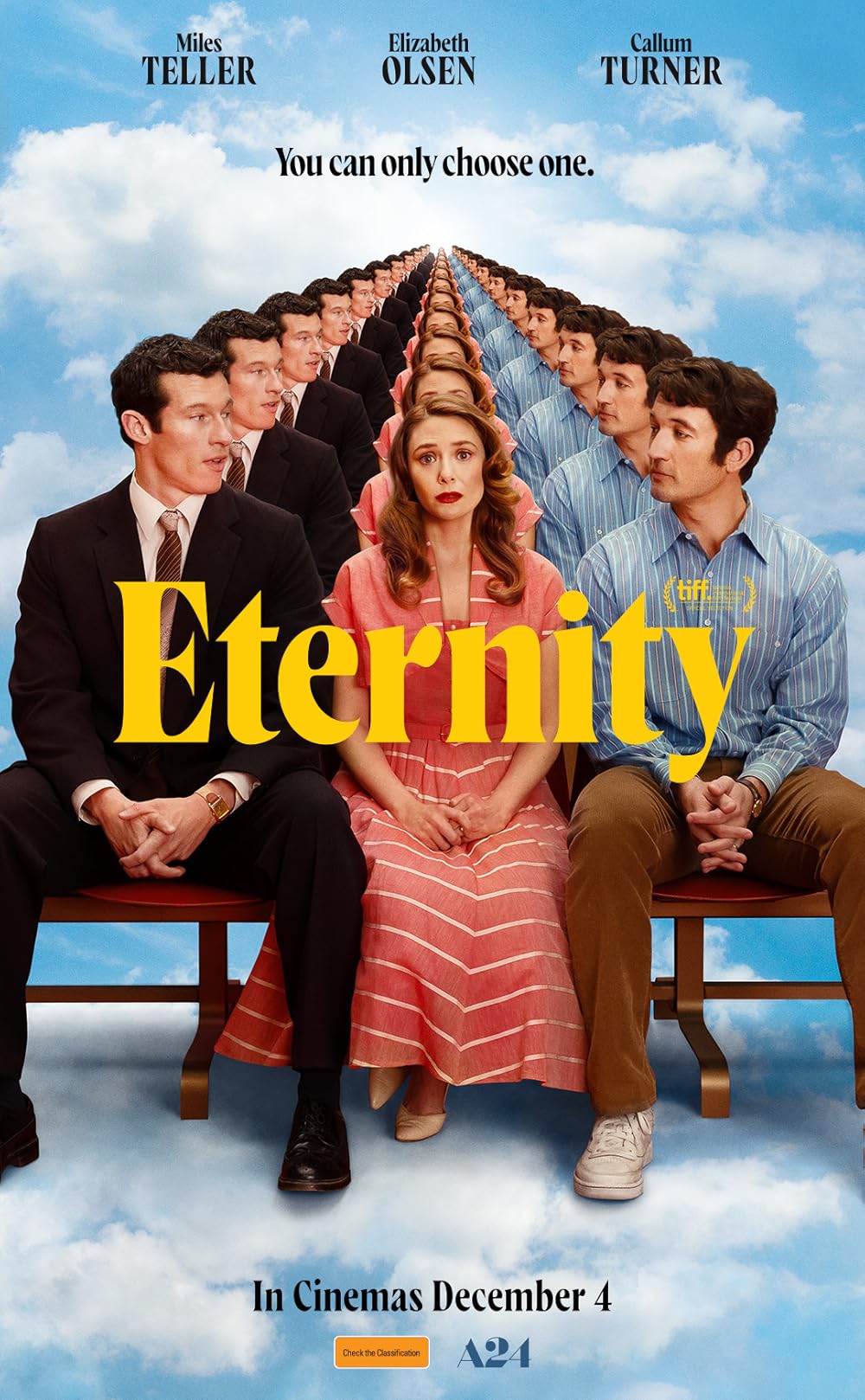 |
| THEATER Cinemark Century Hilltop 16 |
Elizabeth Olsen's face is what makes this movie works. Her tornness carries us along.
Lady Steed says that had we not been in theaters, she would have been sobbing in the memory halls. But the moment that rocked her most and is still rocking her now hours later is that first moment with all three of them. (Good thing she didn't watch the trailer first!)
Anyway, this movie will certainly keep cinema-sins–type viewers gleefully engaged, but most of the eternities are just gags and I'm fine with that. The real accomplishment of the story is its love triangle.
But the film actually works (and here come the real spoilers) because of it's multiple endings. It's only by actually trying all three on for size and believing they are real that we, like Joan, can feel satisfied that we have discovered the correct one.
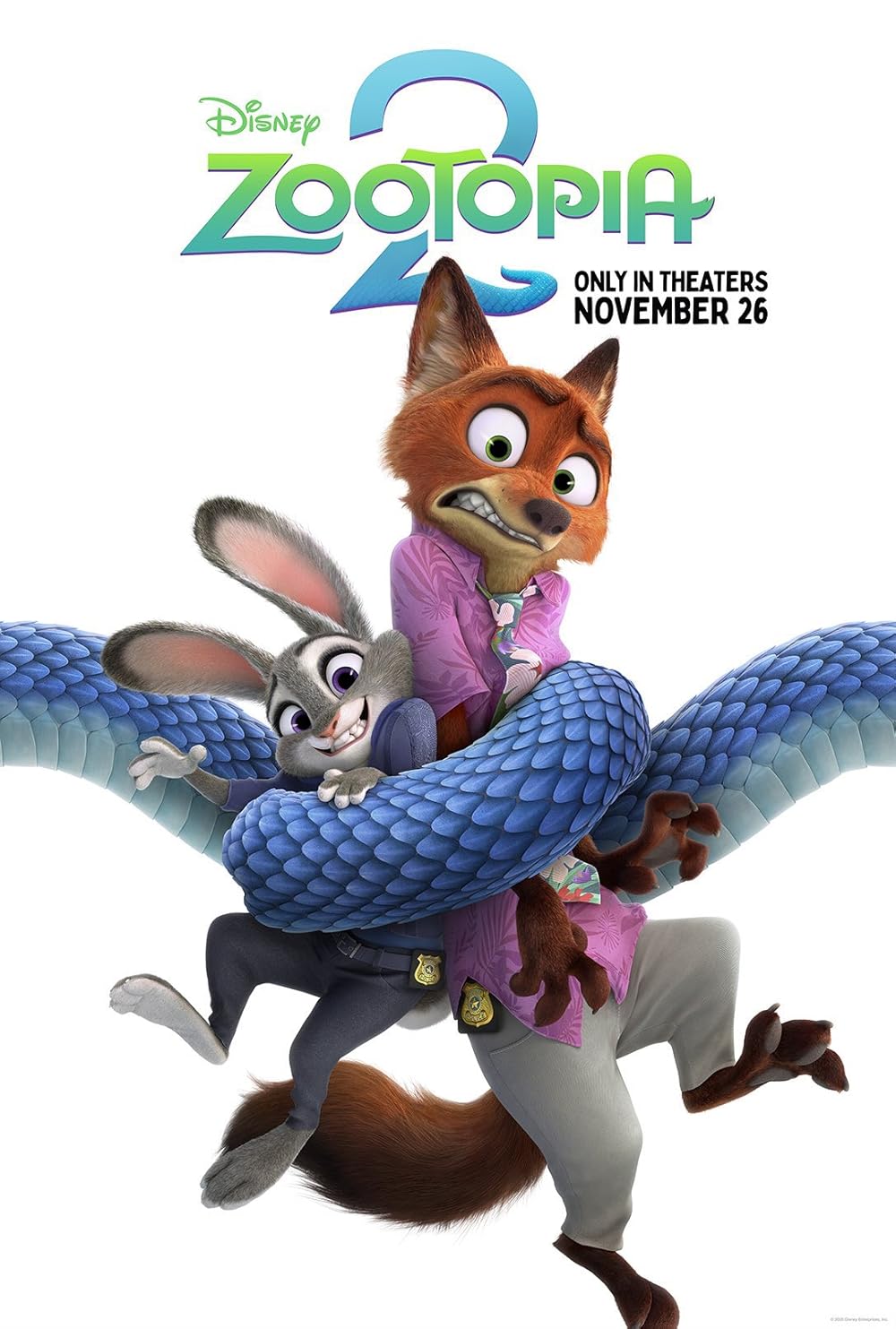 |
| THEATER Cinemark Century Hilltop 16 |
Just going to say upfront I'm not avoiding spoilers here. I'm not leaning into them but I'll be giving plenty of hints if nothing else.
First, I liked it. Its a bit rote getting started and starts feeling like a paint-by-numbers mystery but it eventually finds its footing and then it's quality work from that point on. It does set up lots of ways the mystery could be solved, but why not take the most actionpacked brokenrules method? This is a buddy-cop movie, after all.
Anyway, don't think too hard about temperature-related things (both bloodedness and room) or snake-related things (both bloodnedness and venom) or you won't be able to enjoy excellent things like the Shining set piece. And you want to enjoy the Shining set piece!
It does seem like whichever exec wanted the teaser at the end of Moana 2 got his fingers in here too. But at least this one isn't so tryhard.
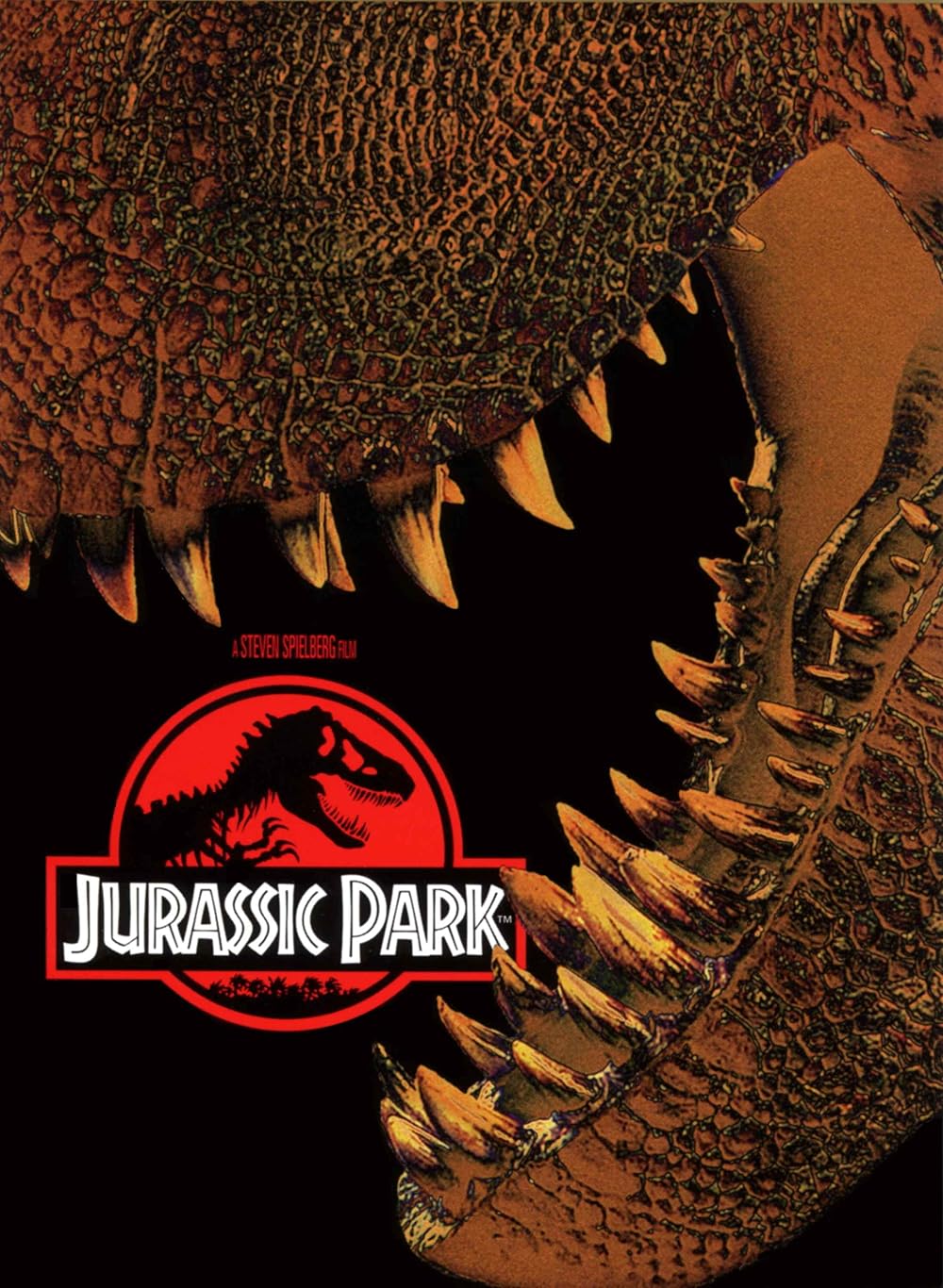 |
| HOME our dvd |
Yes, you can tell the difference between 1993 cg and 2025 cg but even with its flaws its still arguably better than a lot of the janky stuff that's coming out now. They feel touchable.
Anyway. Flawless popular entertainment.
We watched it because Son 3 just finished the book (and was thus disappointed by Coast Rica's failure to bomb Isla Nublar), but the 8yrold was also up for it having already weathered Jaws. She did just fine.
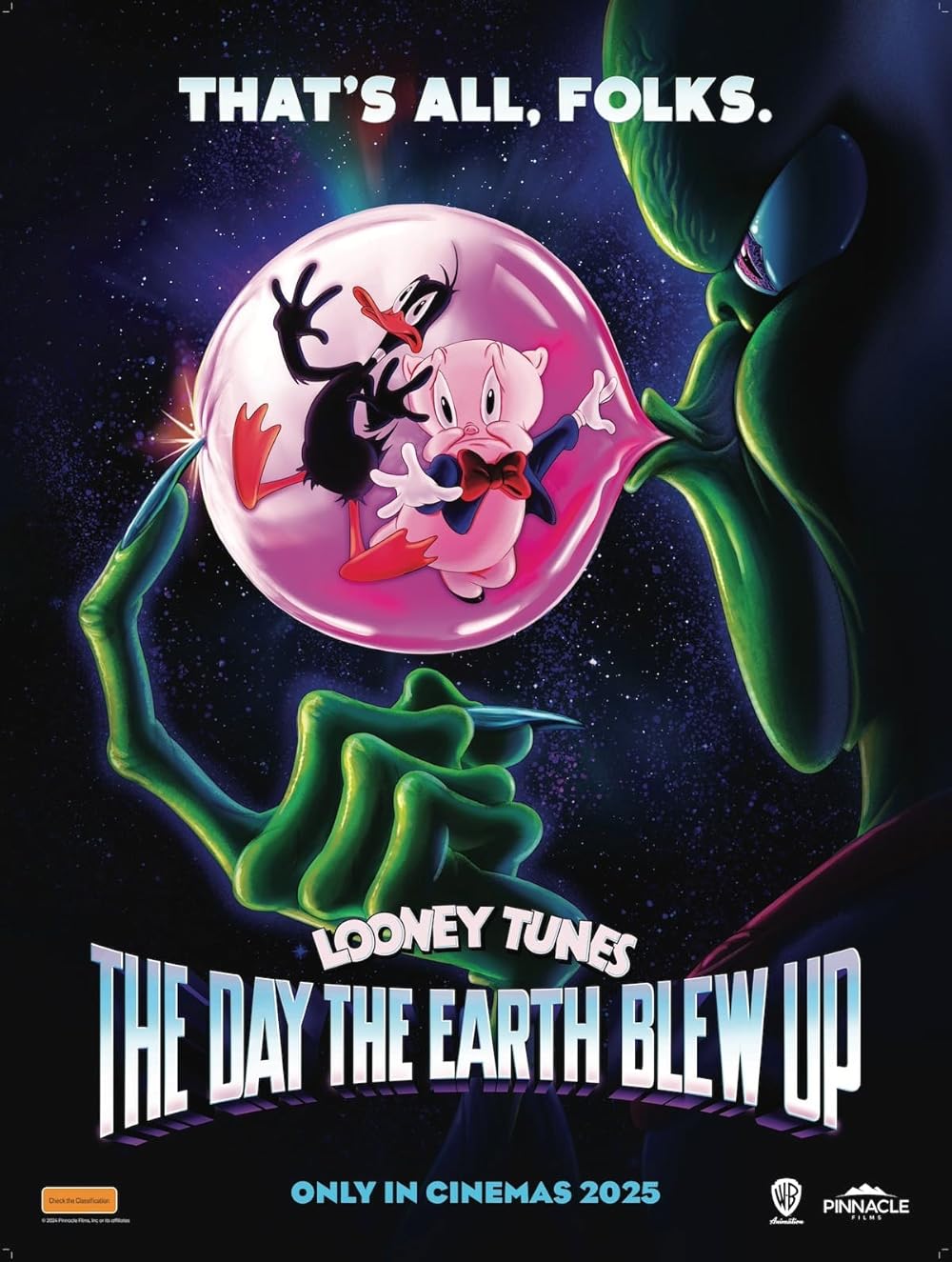 |
| HOME library dvd |
Let's admit the flaws. The slapstick isn't terribly successful. Sometimes it really gets bogged down in plot.
But there's a lot to like here as well. The voice work is great. Eric Bauza is the first Mel Blanc successor to truly succeed. (Cut the visuals and just listen to the Bugs and Daffy Thanksgiving podcast and see what I mean.) The man's work is incredible. Part of his success, I think, is how he can be simultaneously precise and unhinged. Which is about as good a three-word description of Blanc's genius I can imagine.
Anyway, the movie has lots of solid visual gags, but the horror elements are exceptional. The pink monster is a masterful creation and the zombie-movie elements are topnotch. Check out the list of references from the writers to get a decent flavor of both its spooky and goofy elements.
I'm upset my much-more-anticipated Coyote vs. Acme was buried (exciting update: it's coming this August!), but this movie, for all its imperfections, is a solid piece of silly entertainment. I'll probably never watch it again, but I'm glad I did choose to watch it once.
.png)

